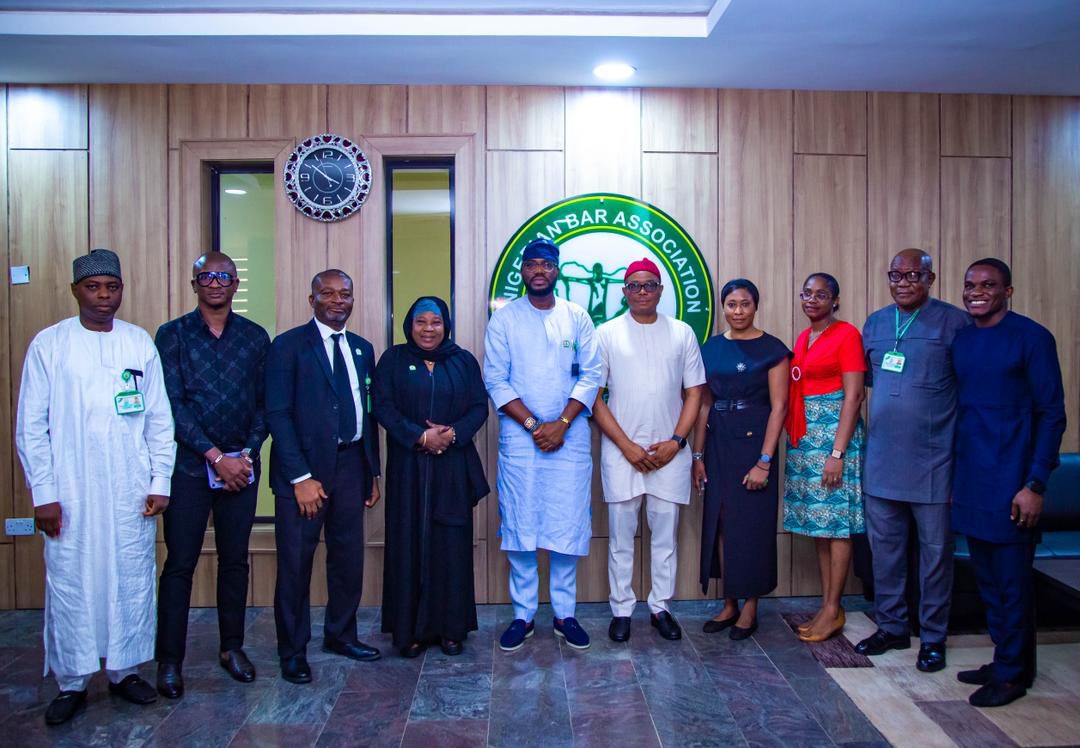The Lagos State Government has clarified that its forthcoming ban on Single Use Plastics (SUPs) will not affect water sachets, PET bottles, or nylon carrier bags with a thickness greater than 40 microns.
This clarification was made on Tuesday by the Commissioner for the Environment and Water Resources, Tokunbo Wahab, in response to widespread public misinterpretation suggesting that all categories of SUPs were included in the ban.
Recall that Wahab had on Sunday announced the full enforcement of the SUP ban in Lagos, scheduled to commence statewide on July 1, 2025, following an 18-month moratorium that began in January 2024.
Speaking during a courtesy visit by the management of TETRA PAK West Africa Limited at his office in Alausa, Ikeja, Wahab explained that the decision to ban certain single use plastics was based on environmental and public health considerations.
“The decision to ban Single Use Plastics in Lagos was an existential one. As a coastal state below sea level with a land mass of just 3,575 square kilometers and housing about 10% of Nigeria’s population, plastic waste poses a serious crisis. We did not arbitrarily wake up to ban styrofoam in 2024,” he stated.
Addressing the recent viral video that sparked confusion, Wahab reaffirmed that only specific items are covered under the SUP ban. These include:
Styrofoam food packs
All forms of polystyrene cups (disposable cups)
Plastic straws
Plastic cutlery
Single use carrier bags and nylons less than 40 microns in thickness
He emphasized that PET bottles, sachet water packs, and thicker nylon bags (above 40 microns) are currently not affected by the ban.
As part of the broader initiative to tackle plastic pollution, Wahab disclosed the inauguration of the Plastic Waste Management Fund – a public-private collaboration between the state government, producers, and Producer Responsibility Organizations (PROs).
The fund, which will be financed by contributions from major plastic producers and importers, is aimed at addressing Lagos State’s growing plastic waste problem through coordinated recycling, collection, and education efforts.
Wahab reiterated the state’s commitment to sustainability, noting that the July 1 ban would be enforced without delay.
“Lagos must take the lead in responsible environmental practices. This ban is just one of several bold steps toward a cleaner, safer, and more sustainable Lagos,” he said.



